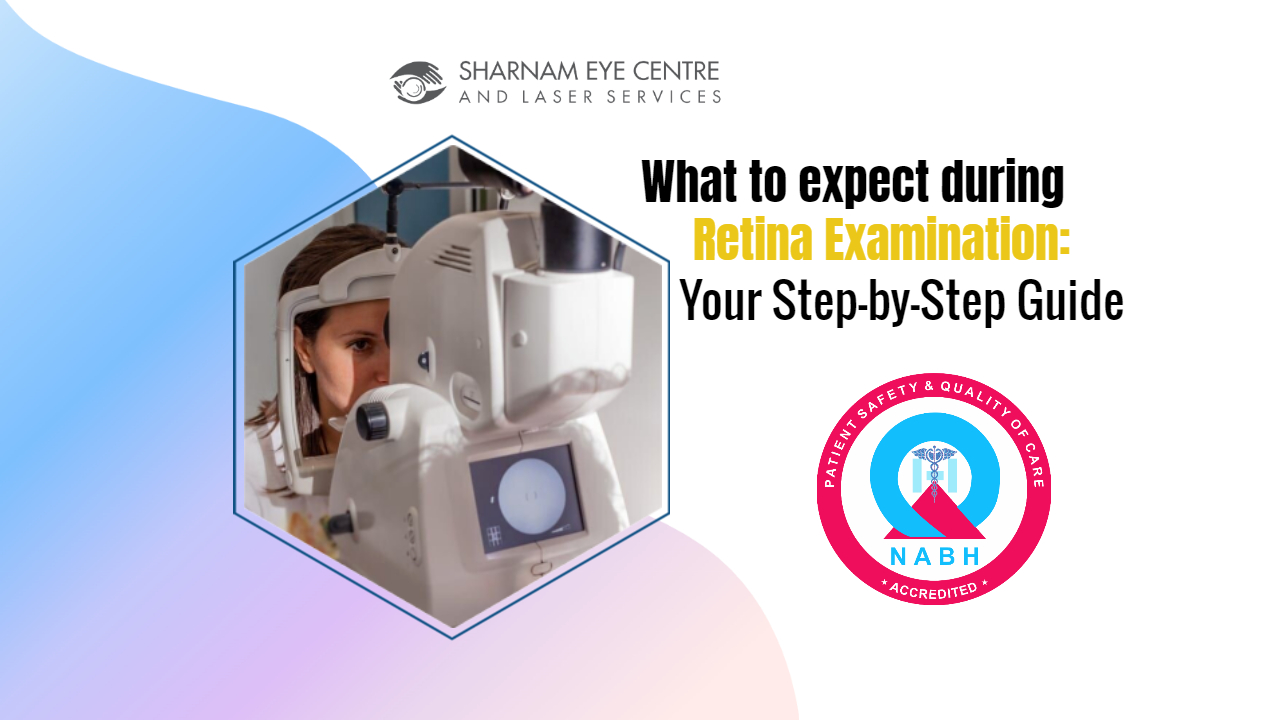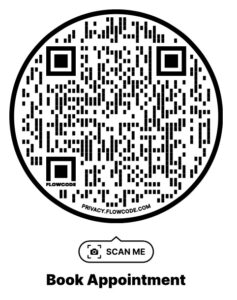If you’ve been scheduled for a retina examination, it’s natural to have questions about what to expect. A thorough retina examination is crucial for assessing the health of your retinas and ensuring your overall eye wellness. In this blog, we will provide you with a step-by-step guide on what to expect during a retina examination to help you feel more informed and at ease.
1. Comprehensive Eye History:
The first step of your retina examination is typically a discussion of your medical history. Your eye care specialist will ask about any pre-existing conditions, family history of eye diseases, medications you’re taking, and any symptoms you’ve been experiencing.
2. Visual Acuity Test:
You’ll undergo a visual acuity test to assess how well you can see at different distances. This usually involves reading letters or symbols from an eye chart.
3. Pupil Dilation:
To get a clear view of your retinas, your pupils will be dilated using eye drops. This process can take about 15-30 minutes to fully take effect.
4. Intraocular Pressure Measurement:
Your eye pressure may be measured using a device called a tonometer. Elevated eye pressure could be a sign of glaucoma, which can affect the retina.
5. Slit-Lamp Examination:
You will sit in front of a slit lamp, which is a specialized microscope equipped with a bright light. The eye care specialist will examine the front and back of your eyes, including the retina, using this instrument.
6. Retinal Imaging:
High-resolution retinal imaging may be done to capture detailed images of your retinas. This can include Optical Coherence Tomography (OCT) or fundus photography.
7. Visual Field Test:
Some retina examinations include a visual field test to assess your peripheral vision. This is particularly important for conditions like glaucoma.
8. Discussion of Findings:
After the examination, your eye care specialist will discuss their findings with you. They will explain any issues detected, if present, and recommend appropriate treatment or further tests if necessary.
9. Post-Dilation Recovery:
Since your pupils will remain dilated for a few hours, you might be sensitive to light. It’s advisable to bring sunglasses and have someone accompany you for the journey home if needed.
10. Follow-Up Plan:
Depending on the results of your retina examination, your specialist will outline a follow-up plan. This may include treatment, future appointments, or lifestyle adjustments.
Conclusion:
A retina examination is a vital part of maintaining good eye health. Knowing what to expect can help ease any anxiety you may have about the process. Regular retina examinations are essential for early detection and treatment of retinal issues, ensuring your continued enjoyment of clear and healthy vision. If you have any concerns or questions about your retina examination, don’t hesitate to discuss them with your eye care specialist; they are there to provide you with the best possible care and information.
Disclaimer: This content is for informational purposes only and should not replace professional medical advice, diagnosis, or treatment.



